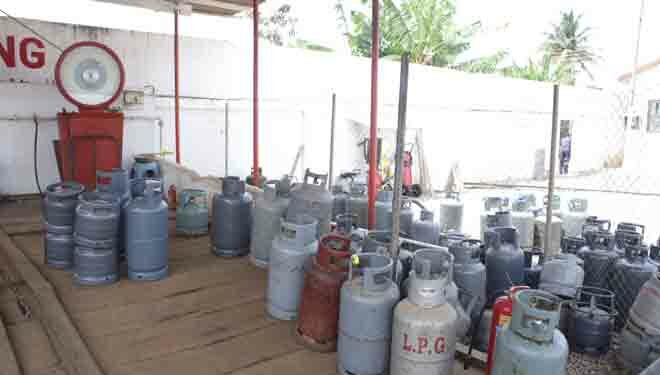COMAC Demands Policy Reversal on Cylinder Recirculation Model, Cites Threat to Indigenous Businesses
The Chairman of the Chamber of Oil Marketing Companies (COMAC), Gabriel Kumi, has called for the complete withdrawal of Ghana’s Cylinder Recirculation Model (CRM), warning that the policy threatens the viability of indigenous businesses in the liquefied petroleum gas (LPG) sector.
Speaking at the inaugural Downstream Petroleum Dialogue, Mr Kumi, who also serves as Vice President of the LPG Marketers Association, criticised the CRM, arguing that it has failed to deliver its intended benefits while jeopardising investments in the industry.
“The current approach has not worked and will not work,” he said. “We cannot prevent the government from implementing policies, but no policy should be allowed to destroy the investments of Ghanaian entrepreneurs.”
Industry players, he noted, were not adequately consulted before the CRM’s rollout. “We have yet to see any meaningful implementation on the ground. The programme has failed.”
The CRM, introduced by the National Petroleum Authority (NPA), seeks to transition Ghana from the existing model—where consumers refill cylinders at LPG stations—to a centralised distribution system aimed at improving safety and accessibility. However, stakeholders have raised concerns over the potential displacement of local businesses.
Mr Kumi warned that any attempt to sideline indigenous companies, which have been key players in the sector for over three decades, would be met with strong resistance.
“Any policy that marginalises local businesses will be fiercely opposed. We are open to engagement, but the current structure of the CRM is unsustainable,” he said.
The Downstream Petroleum Dialogue, themed “Ghana’s Downstream Oil and Gas Sector: Challenges and Opportunities,” was convened to address structural inefficiencies in the sector and explore opportunities for growth.








